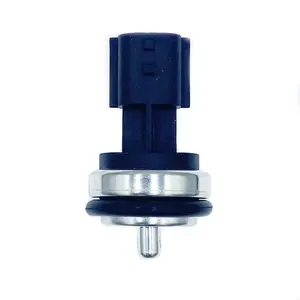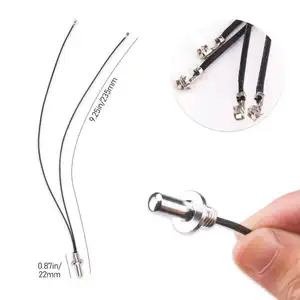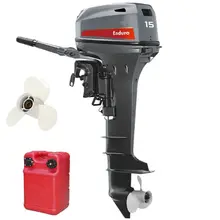Understanding Water Temperature Sensors
Water temperature sensors are critical components in monitoring and regulating the temperature of water in various systems. These sensors are utilized in a wide range of applications, from automotive cooling systems to industrial temperature control. By accurately measuring water temperature, these devices ensure optimal performance and prevent overheating in machinery and engines.
Types and Features of Water Temperature Sensors
There are several types of water temperature sensors, including thermocouples, resistance temperature detectors (RTDs), and thermistors, each with unique features. Thermocouples are known for their wide temperature range, while RTDs offer high accuracy. Thermistors, on the other hand, are valued for their rapid response to temperature changes. These sensors are typically constructed from robust materials like stainless steel or brass, offering durability in harsh conditions.
Applications of Water Temperature Sensors
The application of water temperature sensors spans across various industries. In automotive systems, they play a crucial role in monitoring engine and coolant temperatures to prevent damage. In the realm of home appliances, such sensors are integral to water heaters and boilers, ensuring they operate within safe temperature ranges. Industrial processes also rely on these sensors for maintaining the temperature of fluids, which is vital for safety and efficiency.
Advantages of Utilizing Water Temperature Sensors
Employing water temperature sensors offers numerous advantages, such as preventing equipment failure due to overheating and enhancing system efficiency by maintaining the correct temperature. Additionally, they contribute to safety by preventing hazardous situations that can arise from temperature extremes. The use of these sensors also aids in energy conservation by optimizing the operation of heating and cooling systems.
Selection Criteria for Water Temperature Sensors
When selecting a water temperature sensor, it is important to consider factors such as temperature range, accuracy, response time, and compatibility with the system in use. The material of the sensor should also be compatible with the type of water it will contact, whether it is fresh, saltwater, or chemically treated. Understanding these criteria ensures the selection of an appropriate sensor for the specific application.
Integration and Maintenance
Proper integration of water temperature sensors into systems is crucial for accurate readings. Maintenance is minimal, often requiring only regular calibration and cleaning to ensure continued accuracy. While these sensors are designed for longevity, it is essential to periodically check their functionality to maintain the integrity of the system they are monitoring.











































 浙公网安备 33010002000092号
浙公网安备 33010002000092号 浙B2-20120091-4
浙B2-20120091-4